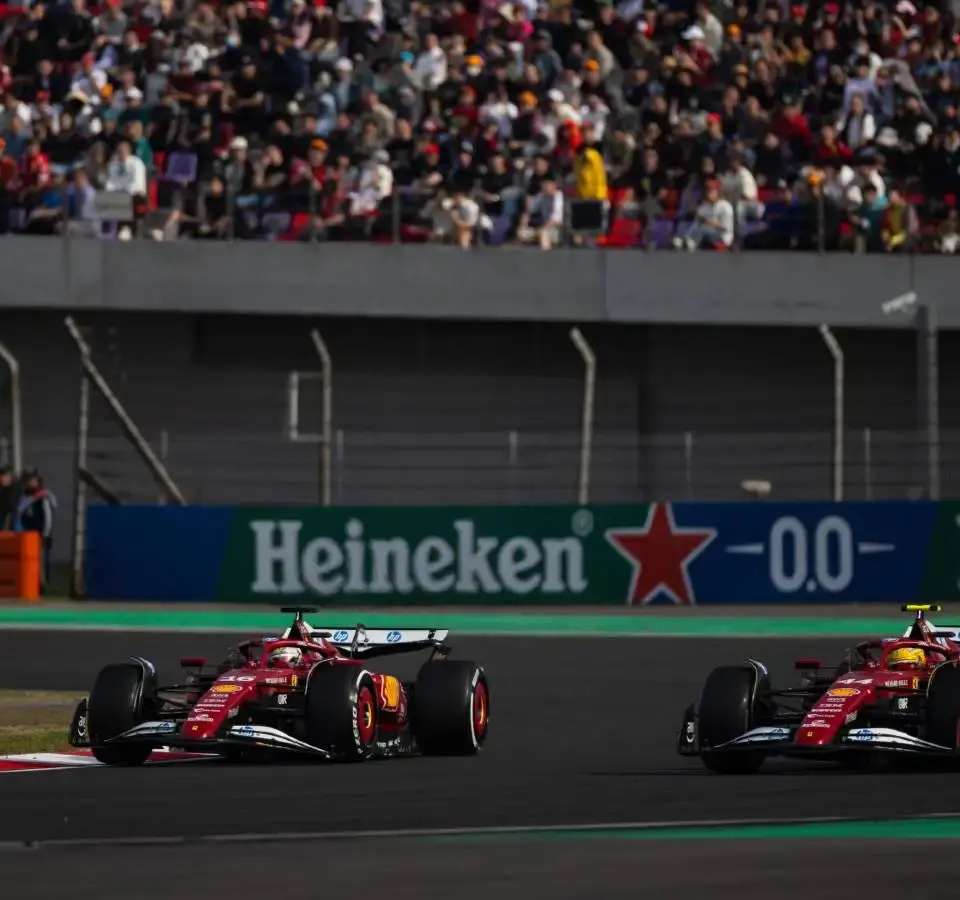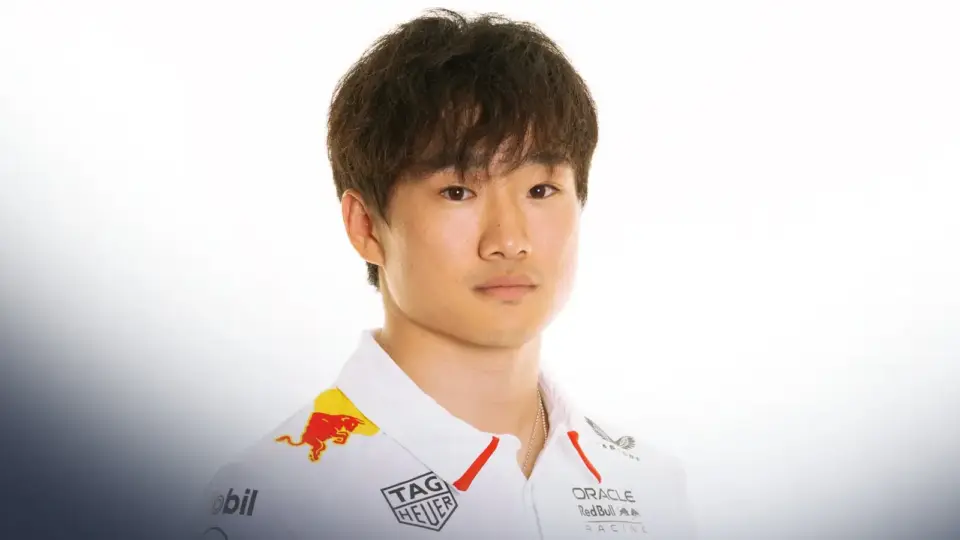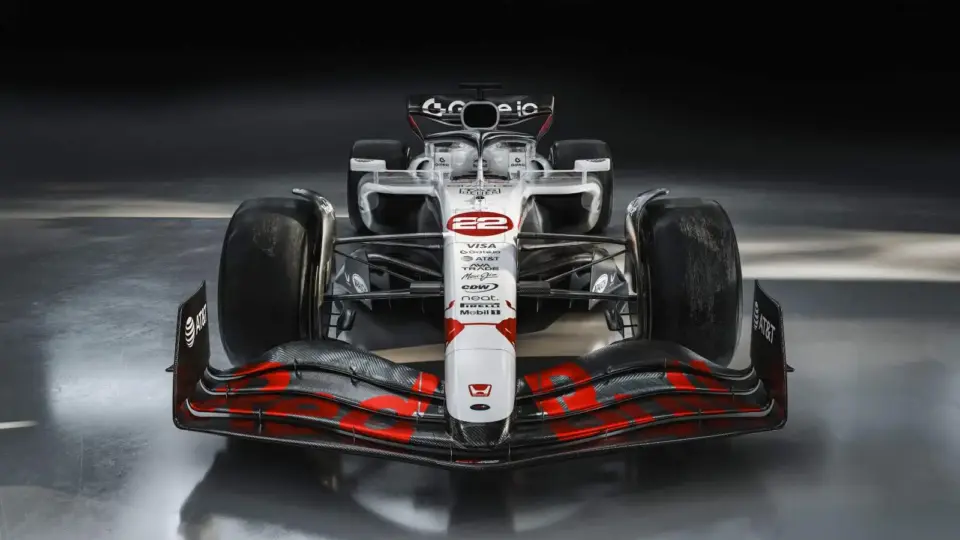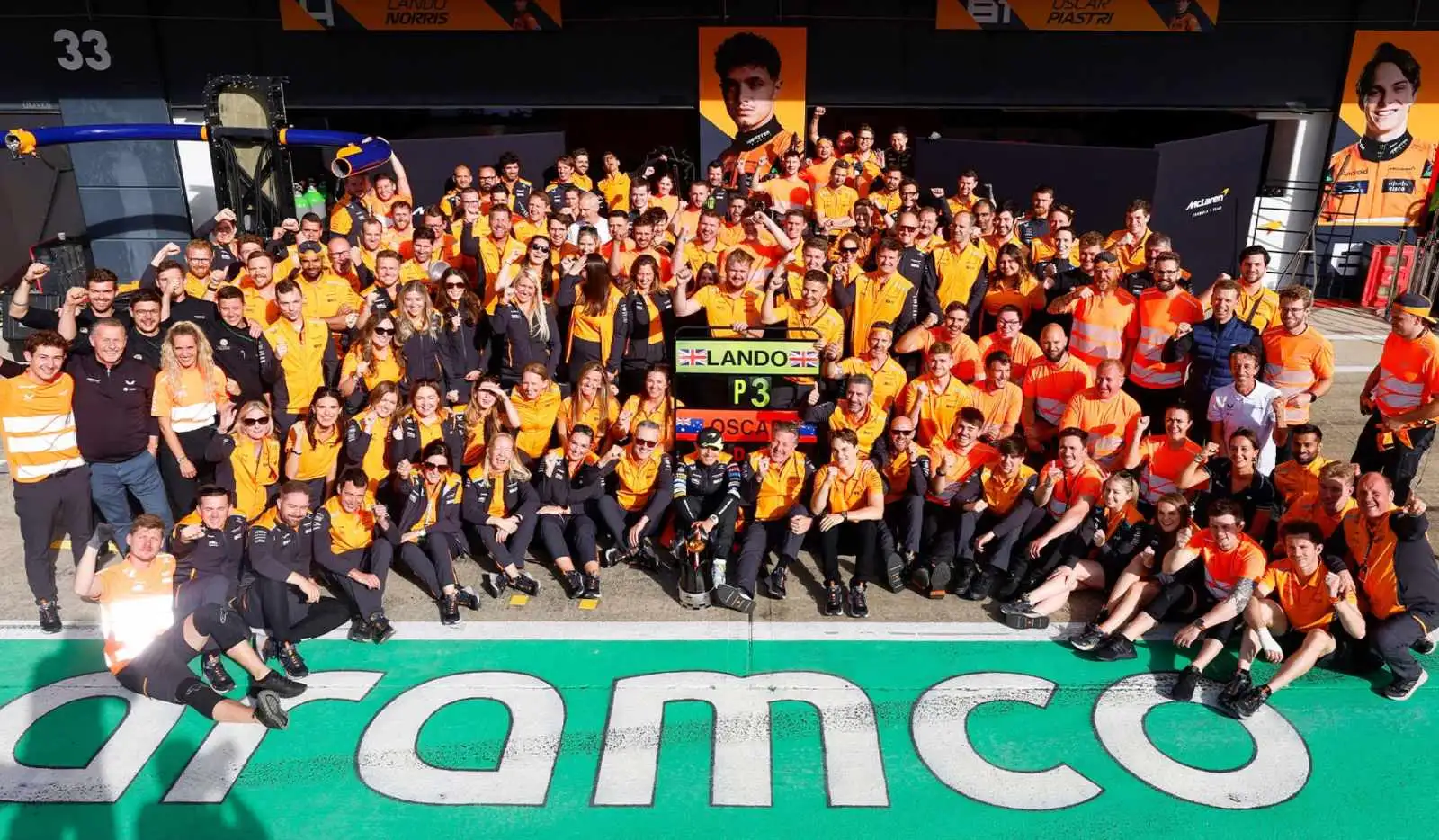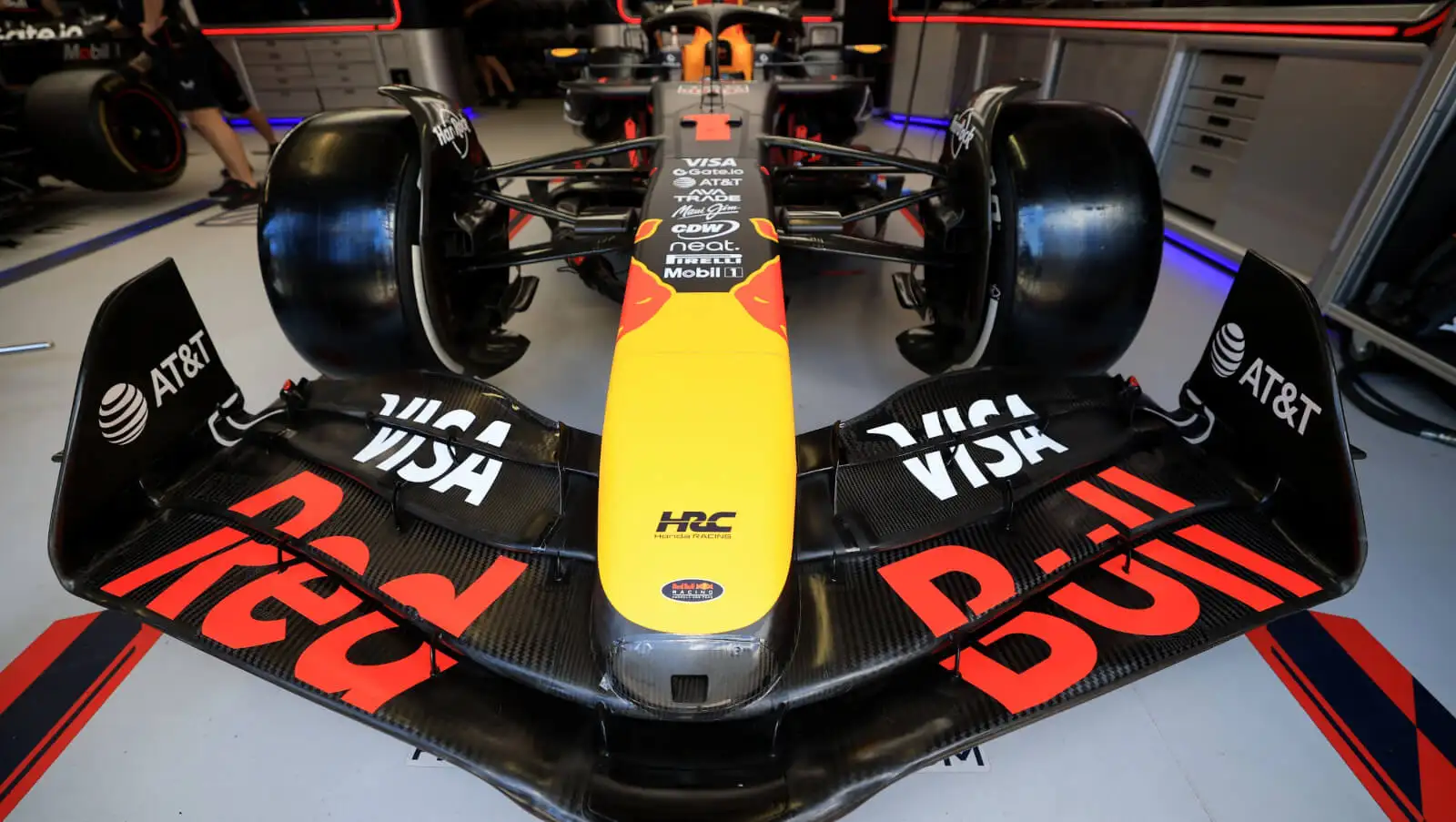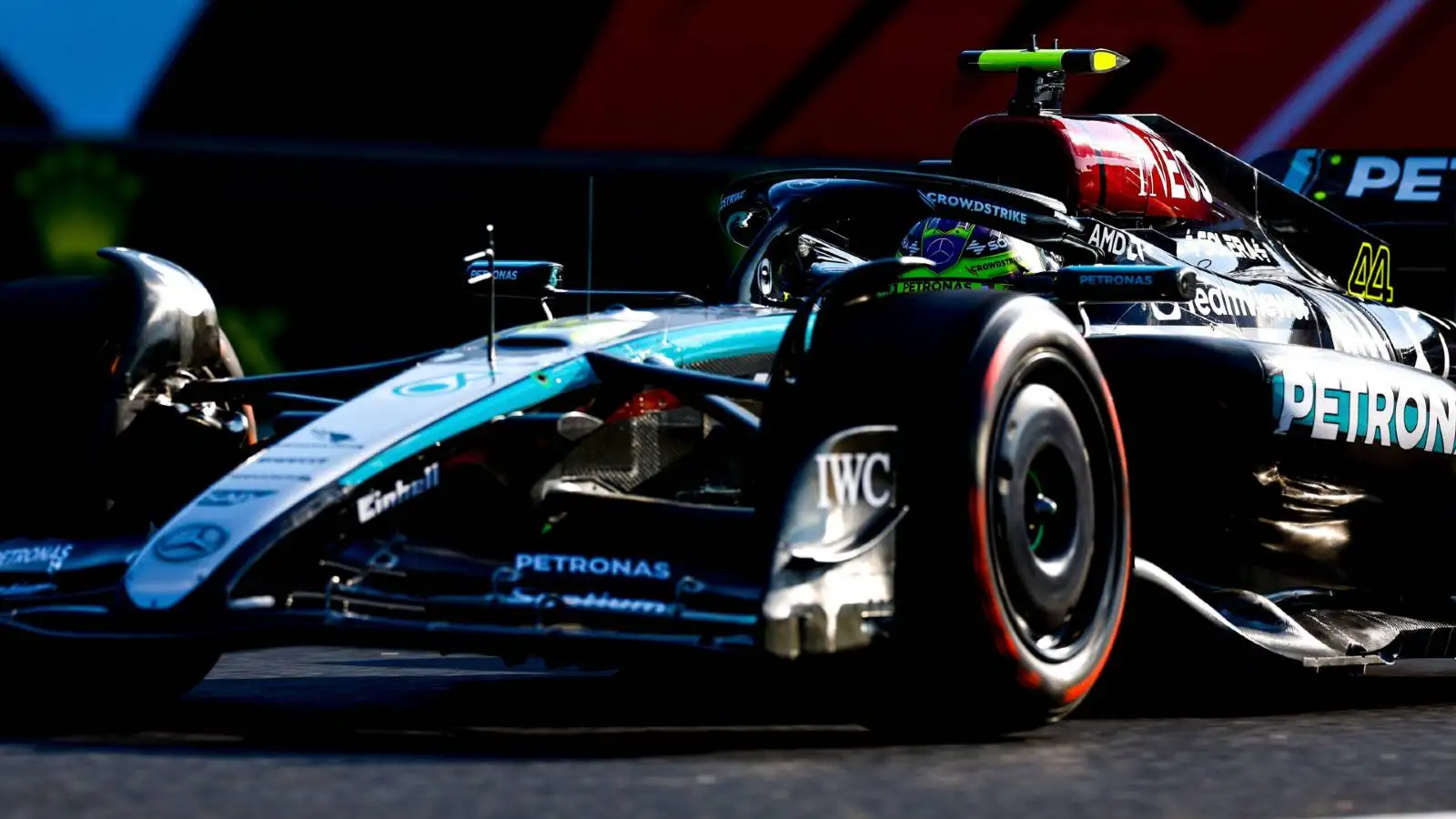Ferrari’s recent disqualification at the Chinese Grand Prix has stirred up quite the controversy in the Formula 1 community.
In a twist of fate that left many fans and former drivers scratching their heads, both Ferrari drivers were disqualified post-race due to technical infringements. Charles Leclerc, who had managed to secure a fifth-place finish, found himself disqualified because his car weighed a kilogram under the 800kg minimum weight limit. Despite the damage the car incurred during the competition, which allowed Ferrari to replace parts with identical specifications, the car still ended up being too light. Ferrari admitted this oversight as a team error and accepted the penalty.
Meanwhile, Lewis Hamilton faced a similarly unfortunate situation. His car’s underfloor skid plank was worn down to 8.5mm, half a millimeter less than the regulatory minimum of 9mm. This minor discrepancy, which Ferrari assured was not an intentional attempt to gain an advantage, was enough to result in disqualification. The team expressed their determination to learn from this error and prevent a repeat occurrence.
Former Ferrari driver Rene Arnoux weighed in on the situation, arguing that the punishment did not fit the crime. He suggested that a ‘first warning’ system could be more appropriate for such minor infractions, allowing teams a chance to rectify minor errors before facing severe penalties. Arnoux, recalling his days with the Scuderia in the 1980s, emphasized that the infractions were minor and likely accidental, urging for a more lenient approach by the FIA.
Arnoux further explained that while regulations need to be strict to maintain fairness in racing, the complexities involved in achieving absolute compliance can sometimes lead to unintended breaches. For instance, if a car is merely a sliver off the mark, it shouldn’t necessarily merit a disqualification, he suggested. In his view, a disqualification not only affects the team and driver but also impacts the entire championship.
The aftermath of these disqualifications has left Ferrari trailing behind in the championship standings, with no driver in the top five. The team shares the fifth spot in the Constructors’ Championship with Williams, significantly trailing behind McLaren, the current leader. Despite the setback, Arnoux remains optimistic about Ferrari’s prospects, believing that the team and its leadership, particularly Fred Vasseur, will navigate through these challenges.
Arnoux contended that Ferrari possesses the capability to compete with the best despite the rocky start. With the expertise of numerous engineers and advanced technology at their disposal, he anticipates that Ferrari will soon develop solutions and regain its competitive edge in this lengthy championship.
The recent double disqualification of Ferrari drivers has sparked a conversation about the fairness and rigidity of FIA’s penalty system. While the team faces a challenging path ahead, there remains confidence in their ability to overcome these early hurdles, proving once again the resilience and prowess of Ferrari in the world of Formula 1.
